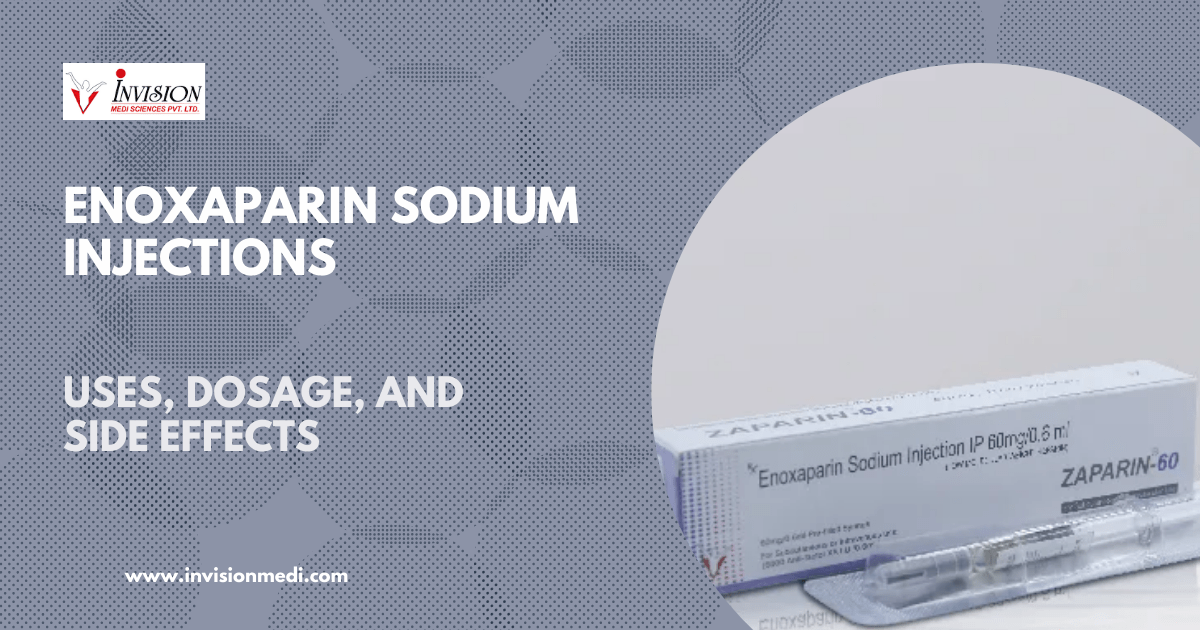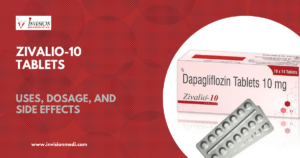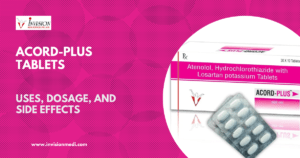
Introduction:
ZAPARIN–60 injections, fortified with Enoxaparin Sodium, represent a pivotal advancement in anticoagulant therapy, offering a comprehensive solution for the prevention and management of thromboembolic disorders. This article delineates the myriad applications, mechanism of action, therapeutic benefits, and recommended dosage of ZAPARIN–60 injections, underscoring their pivotal role in optimizing patient care.
Mechanism of Action (MOA):
Enoxaparin Sodium, the active ingredient in ZAPARIN–60 injections, exerts its anticoagulant effects by selectively binding to and potentiating the activity of antithrombin III. This leads to the inhibition of Factor Xa and thrombin, key components of the coagulation cascade, thereby preventing the conversion of fibrinogen to fibrin and subsequent clot formation.
Uses:
ZAPARIN–60 injections play a pivotal role in the prevention and treatment of various thromboembolic disorders, including deep vein thrombosis (DVT), pulmonary embolism (PE), and acute coronary syndromes. Additionally, they find utility in preventing clot formation during surgical procedures, particularly orthopedic surgeries such as hip and knee replacement surgeries, where the risk of thromboembolic events is heightened.
Benefits:
The therapeutic benefits of ZAPARIN–60 injections are manifold, encompassing the prevention of thromboembolic events, reduction of clot burden, and mitigation of associated complications such as stroke, myocardial infarction, and venous thromboembolism. Furthermore, their subcutaneous administration offers the advantage of ease of use and improved patient compliance compared to traditional anticoagulant therapies.
Recommended Dosage:
The recommended dosage of ZAPARIN–60 injections varies depending on the indication for use, the patient’s weight, and renal function. For prophylaxis of DVT, the typical dosage is 30 mg administered subcutaneously once daily, while for treatment of established DVT or PE, a higher dosage of 1 mg/kg administered subcutaneously every 12 hours is often prescribed. Dosage adjustments may be necessary in patients with renal impairment or other comorbidities, and close monitoring of anti-Xa levels is recommended to ensure therapeutic efficacy and minimize the risk of bleeding complications.
Adverse Reactions and Precautions:
Adverse reactions to ZAPARIN–60 injections may include bleeding complications, such as bruising, hematoma formation, and gastrointestinal bleeding. Precautions should be exercised in patients with a history of bleeding disorders, recent surgery, or concurrent use of other anticoagulant medications. Close monitoring of coagulation parameters is advised to mitigate the risk of bleeding events. It’s crucial to inform healthcare providers about any ongoing medications or medical conditions to ensure safe and effective anticoagulant therapy.
Conclusion:
In conclusion, ZAPARIN–60 injections stand as a cornerstone of anticoagulant therapy, offering unparalleled efficacy in the prevention and management of thromboembolic disorders. With their potent anticoagulant effects, favorable safety profile, and ease of administration, ZAPARIN–60 injections exemplify a paradigm shift in antithrombotic management, paving the way for improved patient outcomes and enhanced quality of care.
Related Combinations:
Explore other cardiovascular medications and combination therapies offered by Invision Medi Sciences to address various aspects of heart health and hypertension management.
Safeguarding Against Thromboembolic Events
FAQs
What is Enoxaparin Sodium used for?
Enoxaparin Sodium, found in ZAPARIN–60 injections, is commonly used to prevent blood clots in conditions like deep vein thrombosis and pulmonary embolism.
How should ZAPARIN–60 injections be administered?
Typically, ZAPARIN–60 injections are administered subcutaneously, as directed by a healthcare professional, usually in the abdomen.
What are the potential side effects of Enoxaparin Sodium?
Side effects may include bleeding, bruising, or irritation at the injection site. In rare cases, allergic reactions or severe bleeding may occur.
Can I use ZAPARIN–60 injections during pregnancy?
It’s essential to consult a healthcare provider before using ZAPARIN–60 injections during pregnancy, as it may pose risks to the fetus.
Are there any dietary restrictions while using Enoxaparin Sodium?
While using Enoxaparin Sodium, it’s advisable to avoid excessive consumption of foods high in Vitamin K, as it can affect the medication’s efficacy.
Invision Medi Sciences Pvt. Ltd. – Nurturing Health and Innovation:
Invision Medi Sciences Pvt. Ltd. is committed to pushing the boundaries of healthcare innovation. With a focus on precision and efficacy, the company strives to create solutions that not only alleviate symptoms but also contribute to the holistic well-being of individuals. Invision Medi Sciences is a trusted name in the pharmaceutical industry, dedicated to advancing healthcare for a healthier and happier world.


